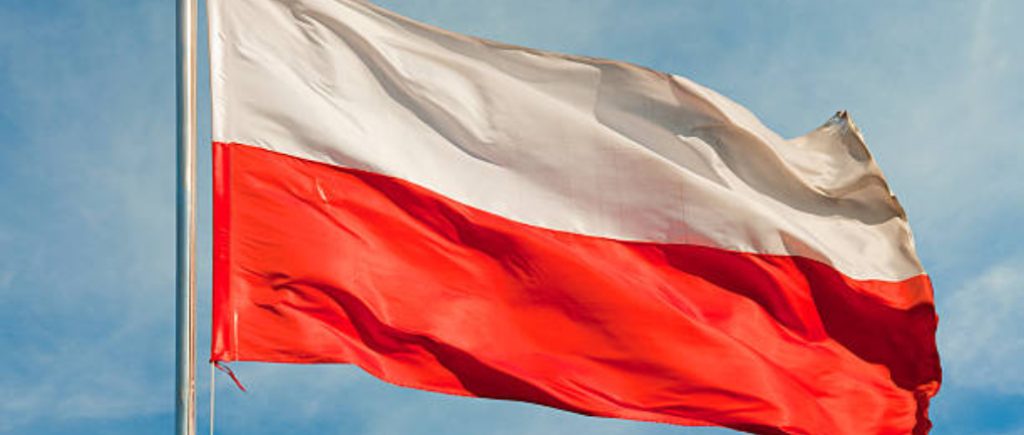- Poland’s Prime Minister Donald Tusk announced a temporary ban on refugees’ right to seek asylum at the border with Belarus.
- This decision follows President Andrzej Duda’s signing of a bill allowing the suspension of refugee rights for up to 60 days.
- The bill was enacted in response to rising concerns over illegal migration from Belarus into Poland.

Poland’s Prime Minister, Donald Tusk, has stated that the government will temporarily prohibit the right of refugees arriving at Poland’s border with Belarus to seek asylum.
This step comes after President Andrzej Duda signed a controversial bill into law that provides for the suspension of refugee rights for up to 60 days at a time.
According to BBC News, the decision to pass the bill came after a period of increasing concern about illegal migration across Poland’s border with Belarus.
The new law permits Polish authorities to suspend asylum seekers’ rights for up to 60 days, which can be repeated.
Tusk stated that the law would be enacted immediately. Meanwhile, President Duda stated that the adjustments were necessary to improve border security.
Human rights concerns concerning the proposed law
According to reports, the action has drawn criticism from a number of human rights organizations, including Human Rights Watch. The group claims that the suspension violates Poland’s international and European Union commitments regarding the right to asylum.
Human Rights Watch has also asked the EU to take legal action against Poland if the law is applied.
The organization asked the Polish parliament to reject the bill, claiming it violated EU standards and international human rights law. Human Rights Watch cautioned that the law could end in the entire closing of the Poland-Belarus border, where Polish officials have already been chastised for illegally deporting migrants.
Exceptions to suspension
The Polish government has stressed that the asylum suspension will only apply to persons who pose a threat to national security. The law specifically targets big groups of migrants who are suspected of crossing the border in an organized manner, maybe with the assistance of Belarusian officials.
- The administration has also announced that exceptions will be allowed for certain vulnerable populations, including unaccompanied youngsters, pregnant women, the elderly, and those with medical issues.
- Furthermore, persons who are at danger of serious violence if returned will be exempt from the suspension, as will inhabitants of nations accused of utilizing migration as a political instrument, such as Belarus.
Tusk dismissed rights groups’ complaints, arguing that the law violates neither human rights nor the right to asylum.
“Nobody is talking about violating human rights, the right to asylum,” he said.
“We are talking about not granting applications to people who illegally cross the border in groups organised by Lukashenko.”
Rising migration and order tensions
According to reports, the border issue has been an increasing worry since 2021, with a spike of unlawful crossings from Belarus into Poland, Lithuania, Latvia, and Finland. The Polish authorities have deployed thousands of troops and border guards to patrol the border.
Furthermore, a 5.5-meter-high steel fence has been built along 186 kilometers of the border to discourage crossings. Migrants have been left trapped along the border while attempting to join the EU.
Human rights organizations have stated that more than a hundred people have died near the border between Belarus and the Baltic states since 2021, increasing concerns about the situation in these border areas.
EU-Belarus relations
According to the BBC, Poland and other Eastern EU member states, as well as the European Commission, accuse Belarus and Russia of using migration as a political weapon.
They claim that Belarus is facilitating illegal incursions to create instability along the EU’s eastern border, exacerbating tensions inside the bloc.


Leave a Reply